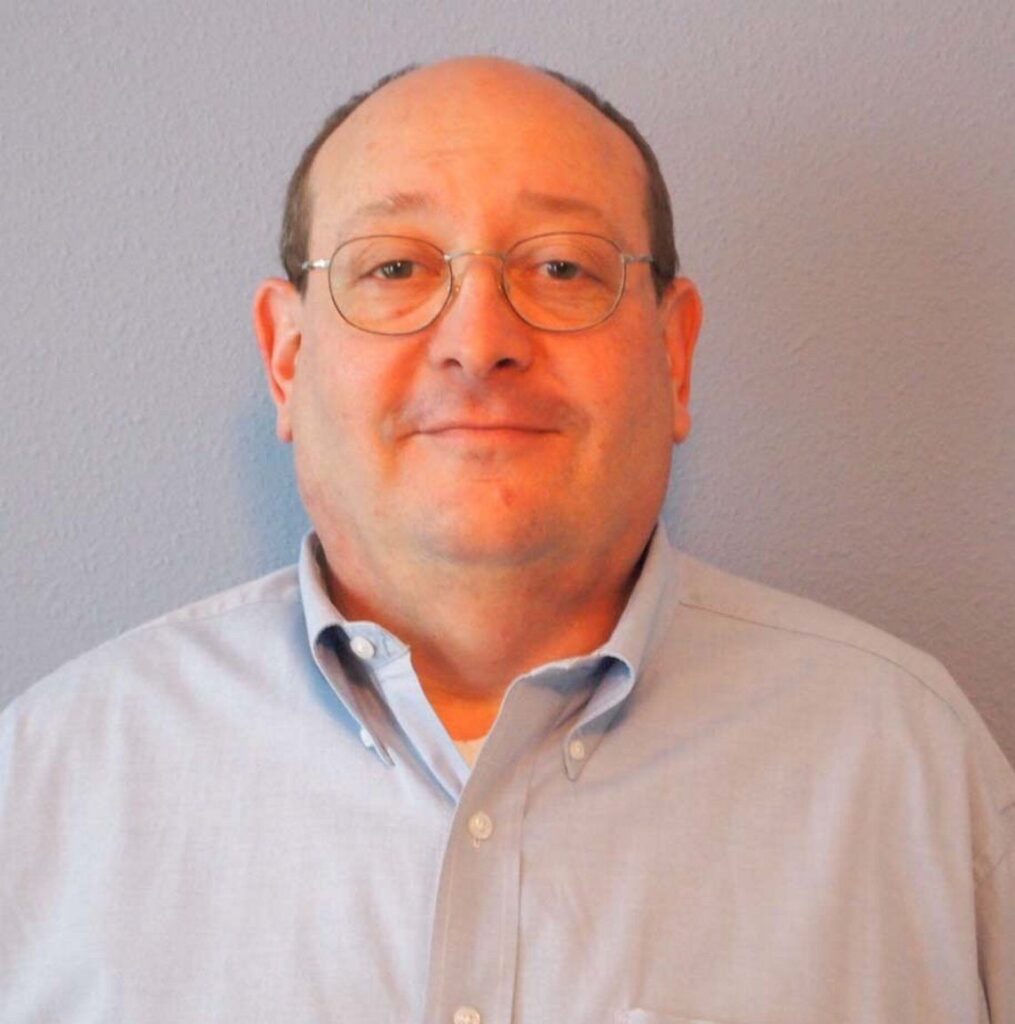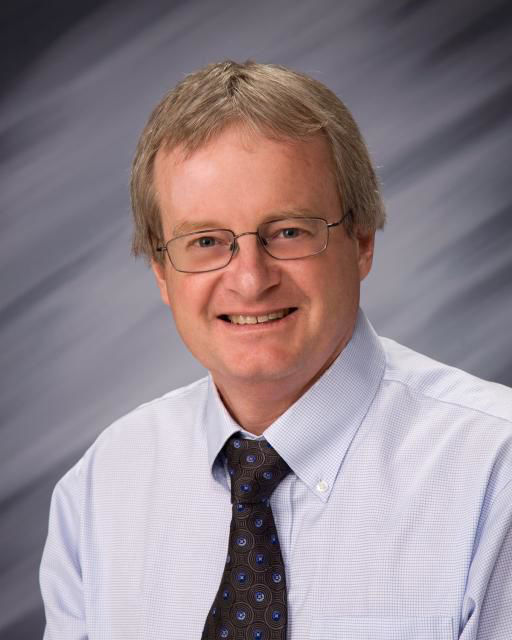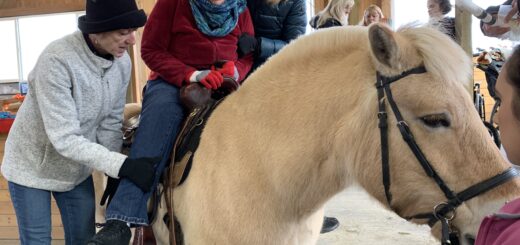What it will take to reopen the local economy while managing COVID-19 risk
Social distancing has been very effective in the Wenatchee Valley at slowing down the spread of the coronavirus and because of that we have avoided overwhelming our medical system and the horrors of mass graves in the hardest hit places like New York.
We are not out of the woods yet, my friends. We must not get overconfident.
This early success shows how much the people of our valley care about their fellow human beings and the sacrifices they will make to support the community.
There are still challenges ahead of us to make sure we keep the lid on this nasty virus, but we can start thinking about how to thoughtfully reopen the economy and get people back to work in an incremental fashion.

Doing so will require significantly expanding the number of tests available in the two counties, shortening the turnaround time for those tests and reducing the cost of processing those tests. We also must develop a way of contact tracing and isolating for at least a week those who test positive, health officials tell me.
The thing we must guard against is getting overly ambitious and ending up with a spike of cases that forces the community to be shut down again, according to Dr. Peter Rutherford of Confluence Health and Barry Kling of the Chelan-Douglas Health District.
That’s what happened in 1918 when the flu epidemic hit North Central Washington and restrictions on public gatherings and requirements on the use of masks were relaxed, followed by a spate of new cases and more restrictions. We don’t want that kind of a yo-yo effect, which will create more economic and social havoc.
Here’s a great analogy from Suzanne Hartman, a former Chelan Public Utility District communications leader who has been helping the health district with the financial support of the PUD. She compared the notion of lifting restrictions prematurely to removing one’s parachute because the rate of descent has slowed.
The tricky part of this virus is that 20 percent or more of those infected with the virus have no symptoms and are walking around spreading it without being aware, to those whom they expose while shopping, their families and friends. Timing is also an issue. Kling says that because of the incubation period we have to keep social distancing in place because it will take two or three weeks before loosened restrictions will show up in new cases.

It’s vital that we have a dramatic increasing in testing capacity, Kling acknowledges. Since March 2, an average of 280 tests have been done in the two counties each week. “I believe we need a minimum of 1,000 to 1,500 tests a week,” he added. The turnaround time needs to be at most 24 to 36 hours and the other issue is cost. Each test at the University of Washington costs $200, so if we’re testing adequately the monthly cost is at least a million dollars, Kling told me.
Rutherford told me we have machines locally capable of analyzing the tests but so far, have not been allowed access to the chemical reagents to carry out the tests. Having that capacity would cut the response time dramatically and would be far more cost effective.
It would certainly help if the federal government would play a central role in getting massive testing systems and equipment in place to help regions like ours, limit the impact. Without that, communities like ours will have to continue scraping things together ourselves.
Rutherford thinks the smartest approach to opening up the economy will be by taking small, incremental steps and not making wholesale changes. This needs to be based on science and planning to keep people safe, not hopes, politics, and prayers. There is a risk of losing all that we have gained
It’s worth remembering that the people who are placed most at risk right now, the essential workers, are primarily delivery drivers, bus drivers, grocery store clerks, first responders, farm workers, utility (electrical, garbage, sewer, and water) staff, doctors and nurses and the like. This is a virus that those of us who are financially secure, including yours truly, can far more easily avoid than those on fixed incomes and are living paycheck to paycheck and don’t have a safety net. To open up our economy in a way that risks a sacrifice of their lives would be morally reprehensible.
This is a marathon, not a sprint. The actions that we take to keep ourselves and others healthy is the greatest contribution we can make to our community.


